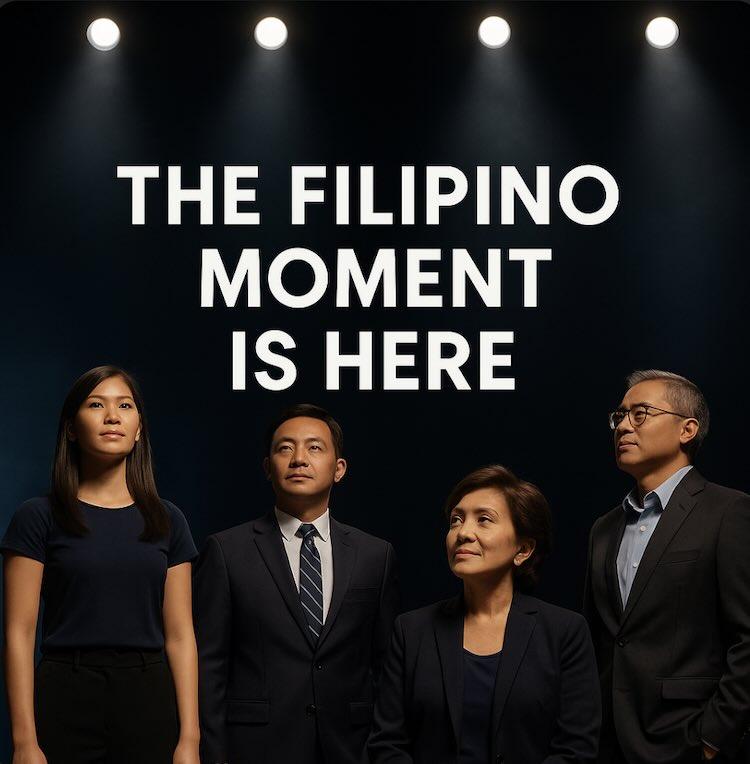Voting can be as quick as a pen stroke or as easy as a tap of a computer screen, yet the simple act is often taken for granted in America. It became a right I lost when I was convicted on felony charges and found myself in state prison several years ago. After serving a three-year sentence, I was released one day before the 2016 Presidential Elections but was not allowed to vote. It was that day I realized how invaluable my right to suffrage was before I had forfeited it through conviction. I did my time and paid my debt to society but was still paying a price.
According to The Sentencing Project, a non-profit dedicated to promoting fair and effective policies for the U.S. criminal justice system, 6.1 million Americans can not vote because of a felony conviction and up until this summer, nearly 77,000 Nevadans were affected. Discriminatory practices such as felony disenfranchisement policies can leave ex-felons with a sense of second-classness, as it did for me. Though these policies aren’t the only hurdles ex-convicts face in the pursuit of reintegration, I used my experience with my inability to vote to testify on behalf of Assembly Bill 431 (AB431) during the 80th Nevada Legislature. Thanks to Speaker Jason Frierson who sponsored and led AB431, as well as Governor Sisolak who signed off on it, tens of thousands of formerly incarcerated Nevadans now have their voting rights restored; a victory for all Nevadans.
Rights restoration not only strengthens our democracy as a state but provides a pathway towards a sense of inclusion, serving to ease the transition of former convicts as they process their reintegration into society from penal institutions. Fast forward to today and I am more than an ex-felon. I’m now a campus organizer and third-year political science student at the University of Nevada, Las Vegas, intending to apply for law school. Though my frustrations stemming from being disqualified in the 2016 General Election still stick with me, I have since organized voter registration events, served as a representative here in Nevada for the Campaign Legal Center based in Washington D.C and have canvassed outside of the Las Vegas Regional Justice Center, petitioning for voting rights in Nevada. This may not be our final step in criminal justice reform, but AB431 (or use restoration) is undoubtedly a massive milestone for voting rights advocates everywhere.
* * *
Kevin J. Wong is a student at the University of Nevada, Las Vegas and an Outreach Coordinator for the Asian Community Development Council. He can be reached at kevinw@acdcnv.org






